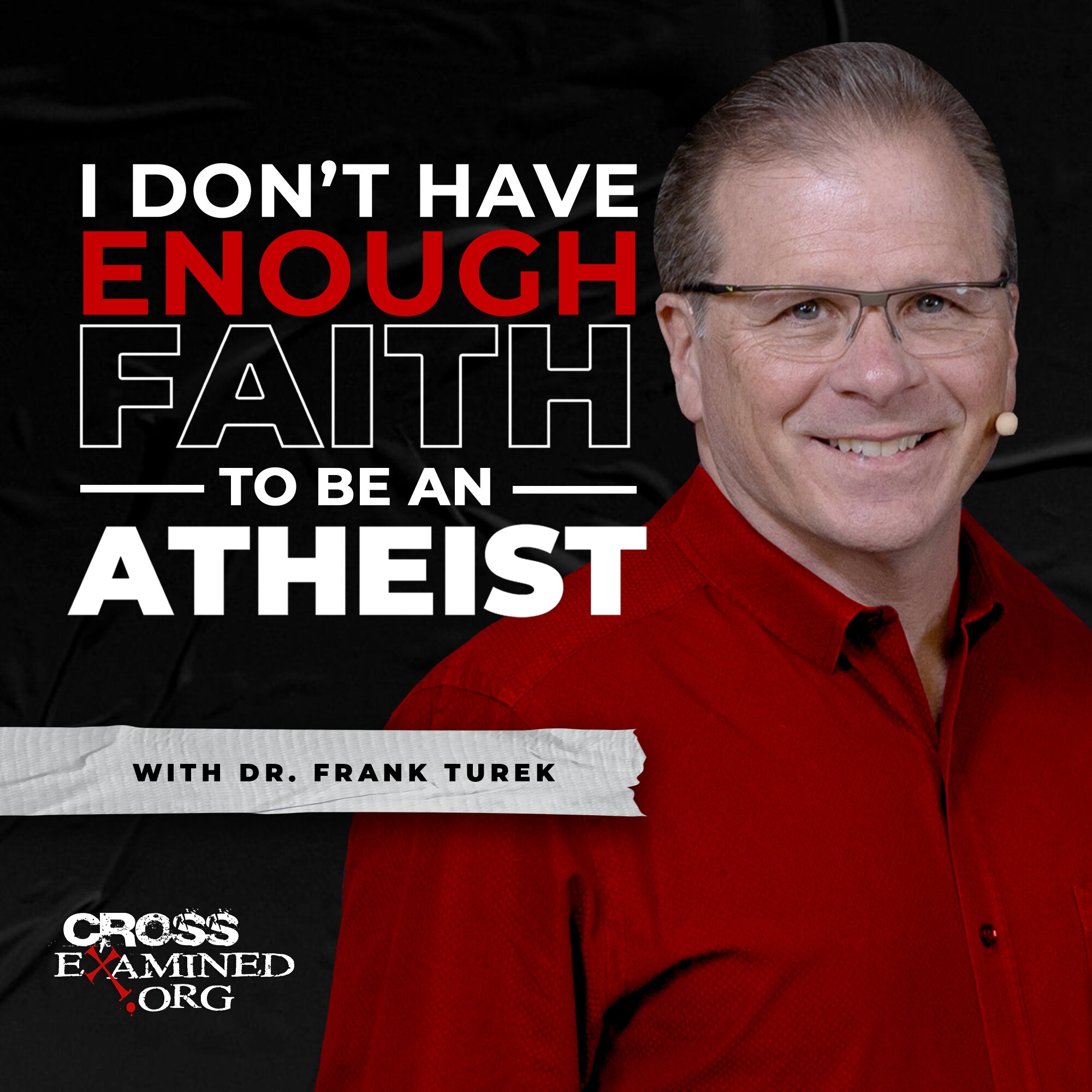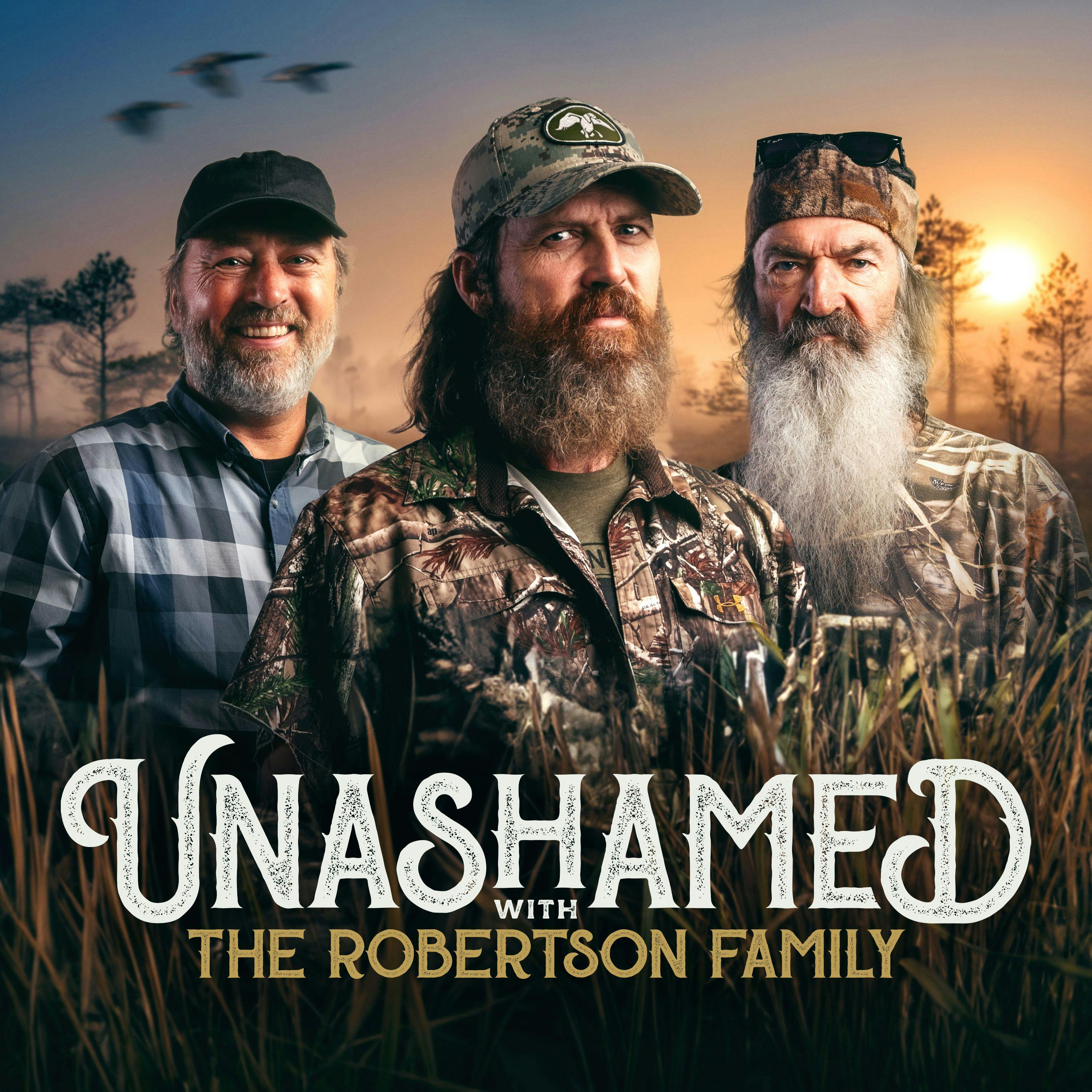
Behind The Mike Podcast with Mike Stone
What do faith, hope, and real-life struggles have in common? They all meet Behind the Mike.
Hosted by Mike Stone, the Behind the Mike Podcast is a faith-based show that goes deeper than surface-level conversations. Each episode features heartfelt storytelling, biblical truth, and interviews with guests who share powerful journeys of pain, redemption, and God’s amazing grace.
From questions we’ve all wrestled with — Do pets go to heaven? Why does God allow suffering? How can I know His will for my life? — to inspiring testimonies of people who found hope in Christ against all odds, this podcast is designed to encourage your faith and point you back to Jesus.
Whether you’re grieving a loss, searching for answers, or simply looking for encouragement in your walk with Christ, you’ll find honest conversation and timeless truth here.
👉 Subscribe today and discover hope, one story at a time.
Send your questions or topics to Mike@BehindTheMike.net
The podcast is also available on YouTube at
https://youtube.com/@behindthemikepodcast
Behind The Mike Podcast with Mike Stone
Cremation or Burial? What the Bible Really Says About Death, Dignity, and Resurrection
Cremation or burial — does it matter to God?
In this powerful episode of Behind the Mike Podcast, Mike Stone explores one of the most asked questions among Christians today: Is cremation biblical, or should we stick with burial?
Together, we’ll walk through:
- What the Bible says about burial and burning.
- How early Christians viewed cremation.
- The theology of the body and resurrection hope.
- Practical considerations: cost, culture, and family convictions.
- Why the real issue isn’t ashes vs. casket, but where your soul rests for eternity.
Whether you’ve wrestled with this question for yourself or for a loved one, this conversation will give you clarity, comfort, and confidence in Christ.
👉 Share this episode with someone facing end-of-life decisions.
👉 Explore more resources at BehindTheMike.net.
Key Scripture References: Genesis 23, 1 Corinthians 15 & 19, Ezekiel 37, Revelation 20, Romans 14, 1 Thessalonians 4.
⏱ Timestamped Chapters:
- 00:00 – The question: Cremation or burial?
- 00:29 – Is cremation biblical? What Scripture shows us.
- 01:20 – Burial in the Bible: Abraham, Joseph, David, and Jesus.
- 02:15 – Cremation in Scripture: judgment vs. honor.
- 02:49 – The body as the temple of the Holy Spirit.
- 03:16 – Resurrection hope: dust, ashes, and God’s power.
- 03:57 – Early church history and the rise of burial.
- 04:58 – Catholic, Protestant, and Orthodox perspectives.
- 05:27 – Practical reasons families choose cremation.
- 06:04 – Romans 14: conviction, wisdom, and faith.
- 06:31 – The heart of the matter: our hope in Christ.
- 07:29 – Closing encouragement: death is not the end.
Imagine standing in a funeral home. Planning for a loved one. You're shown two paths. One leads to traditional burial with a casket and a plot, the other to a simple urn filled with ashes. Which one feels right? Here's a surprising reality in 2024, neither nearly 62% of Americans chose cremation over burial, up from just around 5% in the 1960s. That's a seismic shift in just a few decades. By 2045, cremation could account for more than 80% of final dispositions nationwide. Now, for many Christians, this trend stirs up questions. Is cremation biblical? Does it dishonor the body? Will God still resurrect ashes? Those aren't just practical questions. They cut to the very heart of what we believe about death, dignity, and eternity. So here's the real question. Does it matter to God what happens to our bodies after we die? Well, buckle up because we're going to get fired up and start digging for the truth. All right, let's start with Scripture. If you look through the Bible, the overwhelming pattern is burial. Abraham bought a burial cave for Sarah in Genesis 23. Jacob was buried in that same family tomb. Joseph made the Israelites promise to take his bones back to the Promised Land. David, Solomon, and most of the kings of Israel were buried. And of course, the most significant burial of all was Jesus himself. He was placed in a tomb. So we see throughout Scripture that burial was the norm. It was seen as a way of honoring the body. So what about burning? There are some examples, but they're usually negative. In Joshua 7, Achan and his family were burned after God's judgment. In first Samuel 31. King Saul's body was burned after his death. But most scholars think it was probably for sanitary reasons, since the Philistines had mutilated him. Burning was often connected with judgment, curse, or desecration. Not with honor. But here's the key. Nowhere in Scripture does the Bible explicitly forbid cremation. It just consistently presents burial as the expected way. This brings us to the theology of the body. Paul tells us in 1 Corinthians
6:19 that our bodies are the temple of the Holy Spirit. That's why Christians have historically treated the body with dignity even after death. Now, I believe that at death the body and the soul are separated. But more on that later. Paul also talks about the resurrection in 1 Corinthians. He compares burial to planting a seed where the body is sown in weakness, raised in glory. That imagery has been powerful for Christians. A burial can be like saying, we're planting this body in hope of resurrection. But here's an important point. God's ability to raise the dead is not limited by whether a body is buried, burned, lost at sea, eaten by a whale, or decomposed into dust. Ezekiel saw God raise an entire valley of dry bones. Revelation describes the sea giving up its dead. So the objection that if you're cremated, you can't be resurrected. It doesn't hold water. Our God is more than capable of reassembling and glorifying our bodies no matter what. So what about history? Early Christians almost always practiced burial. Part of that was theological, but part of it was just cultural, too. In Rome, pagans often practiced cremation. So Christians wanted to stand apart. That's why the catacombs exist. There were burial places for believers. A testimony of hope in the resurrection. For centuries, burial remained the dominant Christian practice. The reformers like Luther and Calvin didn't forbid cremation, but they still lean toward burial. Today's views vary by tradition. The Catholic Church now permits cremation, but prefers burial. And they ask that ashes be kept in a sacred place rather than scattered. Many Protestant churches leave it up to personal conviction. Eastern Orthodox churches still strongly oppose cremation, emphasizing respect for the body. So across history, burial has been the default. But cremation has become accepted in many places. And let's be real, sometimes this question isn't only theological, it's practical. Cost concerns. Burial can cost thousands of dollars more than cremation. For some families, that's a huge factor. Environmental concerns. Some people choose cremation because they see it as less disruptive to the Earth. On the flip side, green burials are growing in popularity. Family convictions. Sometimes it comes down to what the family feels honors their loved one best. And this is where Romans 14 comes in. Paul says each one should be fully convinced in their own mind. And whatever we do, do it in faith. So the main thing is that our decision isn't made in fear or superstition, but in confidence that God holds our future. So where does that leave us? I'd put it this way. Burial is the historic Christian practice, and it carries rich symbolism about resurrection. Cremation is not condemned in Scripture. And God's power to raise us is not limited by it. And the decision ultimately rests in personal conviction, guided by faith, family and wisdom. But, friends, here's the heart of it. Whether we're buried or cremated, whether our bodies turn to dust in the ground or ashes in an urn, the same hope remains. 1 Thessalonians 4 says that when Christ returns, the dead in Christ will rise first. Our identity is not in the condition of our remains. It's in Christ. He has conquered death, and he will raise us up in glory. So if you take nothing else from today's conversation, take this. What matters most is not how your body is laid to rest, but whether your soul is resting in Christ. And that's the hope that we cling to. Death is not the end for those who belong in Jesus. The grave. Whether it holds dust or ashes is only the doorway to resurrection life. Well, thanks for joining me on Behind the Mike Podcast. If this episode helped you bring some clarity, would you share it with a friend? Maybe you know someone who's wrestling with this question. That's why we do this. And as always, you can find more episodes, blog articles and resources at Behind the Mike.net. Until next time, I'm Mike Stone reminding you that no matter what the world throws at you, there's always hope in Jesus.
Podcasts we love
Check out these other fine podcasts recommended by us, not an algorithm.

The Covenant Eyes Podcast
Covenant Eyes
I Don't Have Enough FAITH to Be an ATHEIST
Dr. Frank Turek
